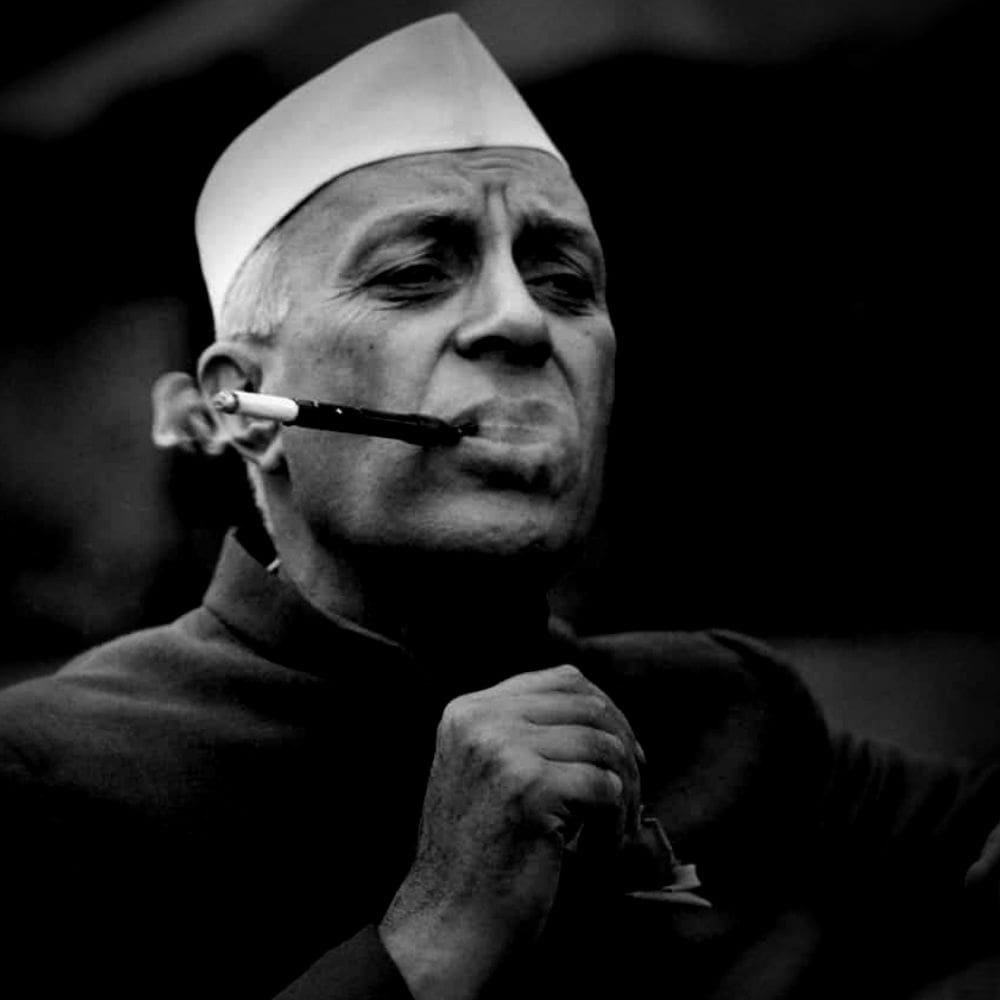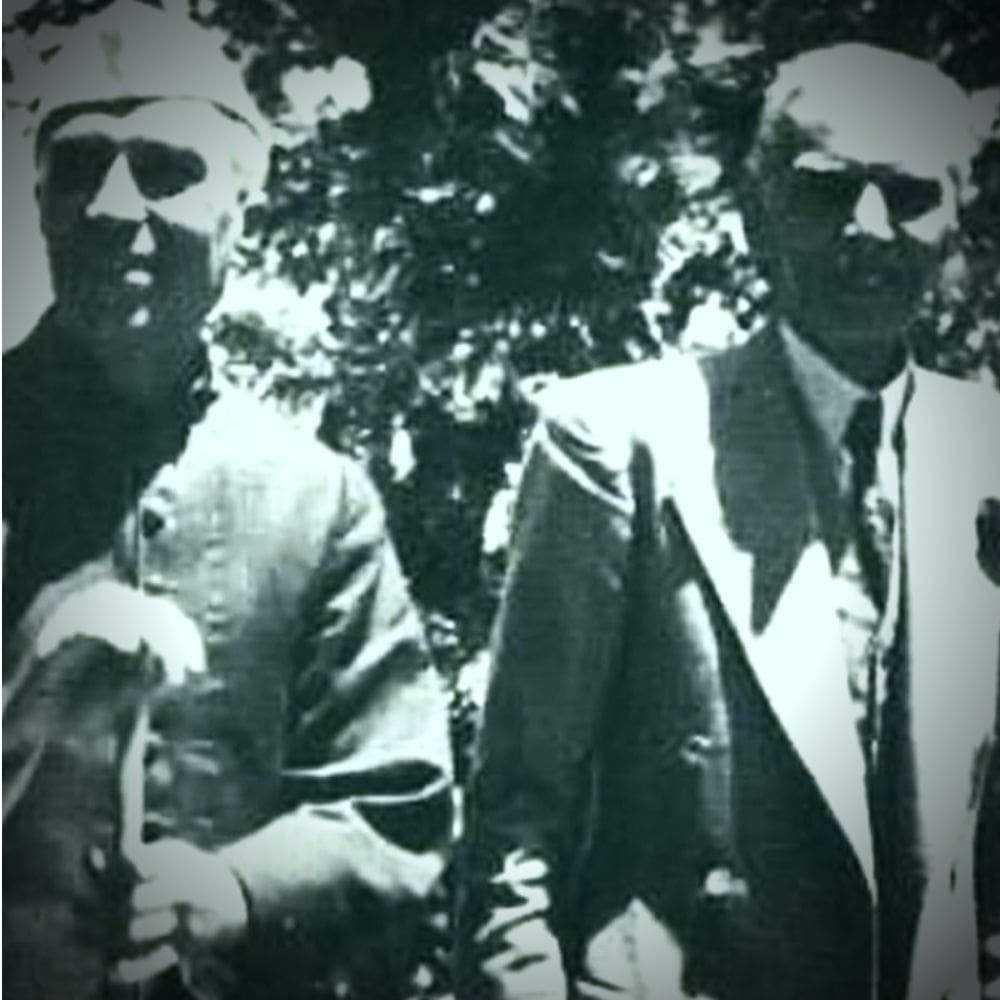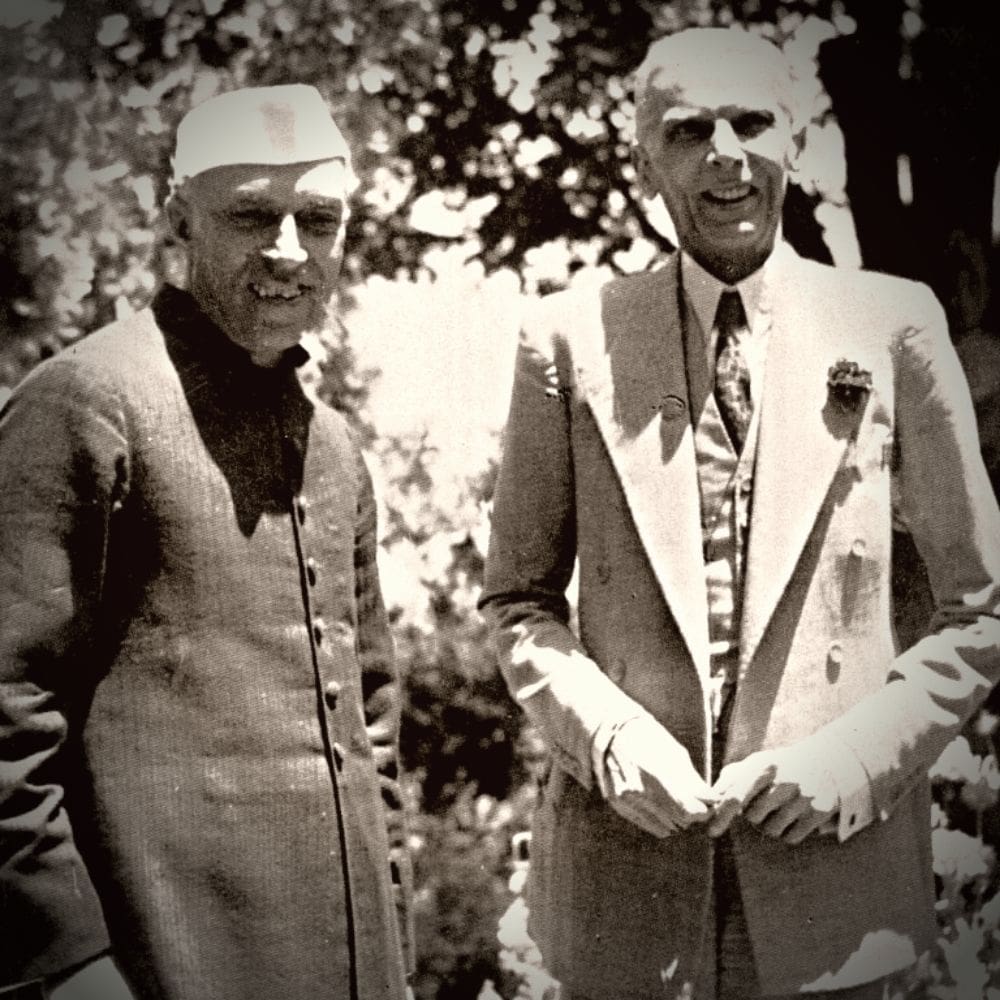CLUELESS ON THE ROOTS OF PARTITION & PAKISTAN
The lack of support by Nehru (Blunder#3,4) and the Congress to the British war efforts in WW-II made the British anti-Hindus and anti-Congress, and made them favourably disposed towards the Muslims and the AIML. Wrote VP Menon in ‘The Transfer of Power in India’:
“Moreover, the Congress opposition to the war effort [WW-II] and the [Muslim] League’s de facto support for it convinced the British that the Hindus generally were their enemies and the Muslims their friends, and this consideration must have added force to the silent but effective official support for the policy of partition.”
Based on their negative experiences with Nehru (Blunder#3,4) and the Congress in WW-II, and positive experiences with the Muslim League, and driven by the several major strategic considerations, Britain developed a vested interest in the creation of Pakistan: (1)The UK and the West wanted to secure ‘Oil and the Middle East’, and for that they felt a Muslim Pakistan as a border state would be critical. (2)The leadership of the proposed Muslim Pakistan was willing to be their accomplice in the cold war. (3)The proposed Muslim Pakistan was willing to provide military bases to the UK and the West. (4)Nehru, with his leftist, pro-Russia and pro-Socialist- Communist leanings was not likely to be an ally of the UK and the West in the cold war. Sadly, Gandhi and the remaining Congress leadership had not clarified their stand in the matter. Unfortunately, what the “internationalist & foreign-affairs expert” Nehru articulated passed off as Congress-India’s foreign policy.
DN Panigrahi states in his book ‘Jammu and Kashmir, The Cold War and the West’:
“Clement Attlee [UK PM, 1945-51], in his official as well as private correspondence, categorically stated that Kashmir was an issue so germane to ‘the Muslim world’ that they must support Pakistan keeping in view British interest in the Middle East. …the western powers, including Britain, considered Pakistan ‘as a key factor in international politics by virtue of being Muslim’ and because of its proximity with the Middle East. …Sir Olaf Caroe…an ICS officer…wrote an article on Pakistan’s potential role for Middle East defence…in 1949…his influential book, ‘Wells of Power: The Oilfields of South Western Asia, a Regional and Global Study’. He argued that Middle Eastern oil held the key to progress and to international relations in the world in the future…”
“The main thrust of the Caroe’s argument was that the competition for oil would determine the future relationships of the powers and that ‘the danger of attack of Soviet Russia was less likely in Europe than in the Middle East’. Second, he argued that Pakistan, apart from having a
strategic position in the region, was a Muslim country, and hence had a better chance of serving British interests in the Middle East than India…
Since the First World War India’s primary usefulness to Britain was less as a market for commercial exploitation and more in the field of war and defence, and in maintaining and securing its Empire. Through India as the base, and its British-Indian army, Britain controlled other countries in Asia. It could ill-afford to altogether give up its two-century old Empire, without having a firm foothold at least in part of India. That’s when it cooked up the idea of Pakistan.
The West wanted to check the expansionist ambitions of communist Russia and China towards the Middle-East and the Indian Ocean. How to do that? The regions adjoining Russia and China had to be under their influence: that is, north-western India bordering Russia and J&K. Pakistan was willing to be an ally of the West in their cold war with the communists, hence critical to their strategy, along with J&K; while India, with its little likelihood of cooperating with the West in military matters, and forming an alliance with them, given India’s anti-West dogma, Nehruvian pro-Russia bend, and protestations of non-violence, was dispensable. The British military establishment too had become a strong proponent of Pakistan on account of its promise of cooperation in military matters. Pakistan was actually midwifed by the UK and the US as a bulwark against Russia; and that’s why they always came to its rescue lest it should fail.
Narendra Singh Sarila quotes in his book ‘The Shadow of the Great Game: The Untold Story of India’s Partition’ a report of the British chiefs of staff: “The area of Pakistan [West Pakistan or the northwest of India] is strategically the most important in the continent of India and the majority of our strategic requirements would be met…by an agreement with Pakistan alone…”
Once the British realised India would deny them military cooperation after independence, they settled in favour of Pakistan, which was willing to cooperate with them, be their lackey, and help them in securing the Middle East and the Indian Ocean area. Yet another reason the British army and bureaucracy was favourable towards Pakistan was that they were being offered positions and employment in Pakistan.
“Field Marshal Lord Montgomery argued that it would be a tremendous asset if ‘Pakistan, particularly the North-West’, remained within the Commonwealth. The bases, airfields and ports in ‘North West India’ would be invaluable…”
The UK would have had no difficulty if they were sure that India— undivided India—after Independence, would serve as their ally. Had they felt reassured on those issues critical to their national and foreign policy interests, there would have been no Partition or the J&K imbroglio. What did India gain out of Nehru’s socialism and pro-Soviet tilt? Nothing. India’s economy went to dogs, and no one took India seriously in foreign affairs. It was Nehru’s fads of socialism and pro-Soviet bend that led to Britain and Western nations, including USA, going against India, and resulting in the tragedy of partition, and the problem of Kashmir.
Had it been a wise Indian leadership that was adequately enlightened on the international affairs, and the vested interests of Britain and the West, and their Oil and Cold-war strategy, they would have been careful and tactful enough to have reassured Britain, the US, and the West on their cooperation (but, in practice, actually done what was in the best national interest of India, after independence). And, in any case, being pro market- economy, and pro-West, compared to being socialistic and pro-Russia (as Nehru was), was far more beneficial for India. But, when, despite being political leaders, you spend precious years in jail and outside hand-spinning yarn, experimenting with nutrition and indigenous medicines, and with truth, fasting, and non-violence, rather that deliberating on the crucial post- independence issues of economy, poverty and prosperity, internal and external security, and foreign policy, what can be expected?
Wrote Narendra Singh Sarila fittingly:
“But the Indian leaders remained plagued by the Indians’ age-old weakness such as arrogance, inconsistency, often poor political judgement and disinterest in foreign affairs and questions of defence.”
“Protected by British power for so long and then focused on a non- violent struggle, the Indian leaders were ill prepared, as independence dawned, to confront the power play in our predatory world. Their historic disinterest in other countries’ aims and motives made things none the easier. They had failed to see through the real British motivation [despite Nehru’s claim as an internationalist and a foreign-affairs expert] for their support to the Pakistan scheme and take remedial measures…”
“By the end of 1946, they [Indian leaders] had been manoeuvred into such a corner that if Sardar Patel had not stepped forward ‘to have a limb amputated’, as he put it, and satisfy Britain, there was a danger of India’s fragmentation, as Britain searched for military bases in the bigger princely states by supporting their attempts to declare independence.”




